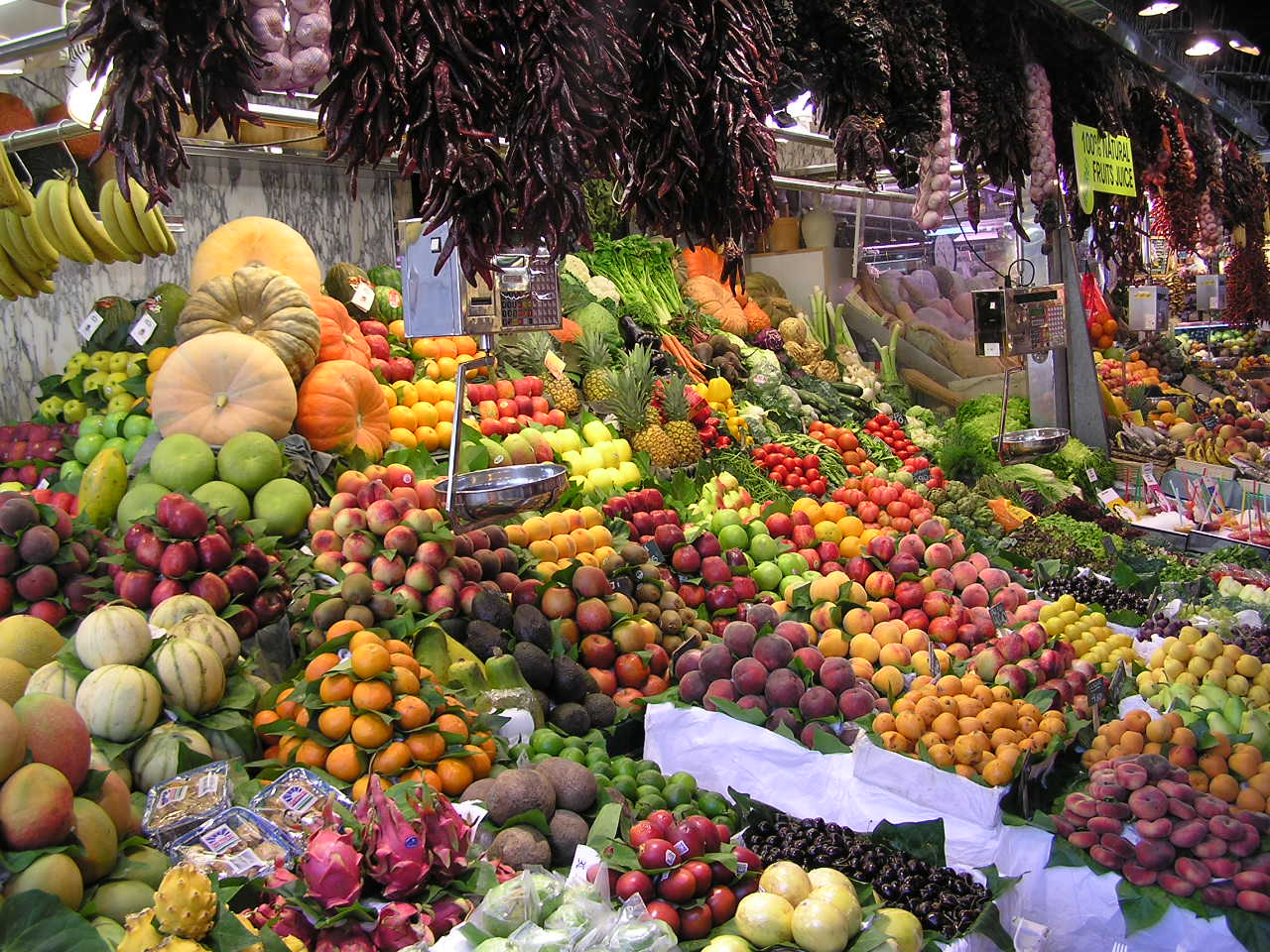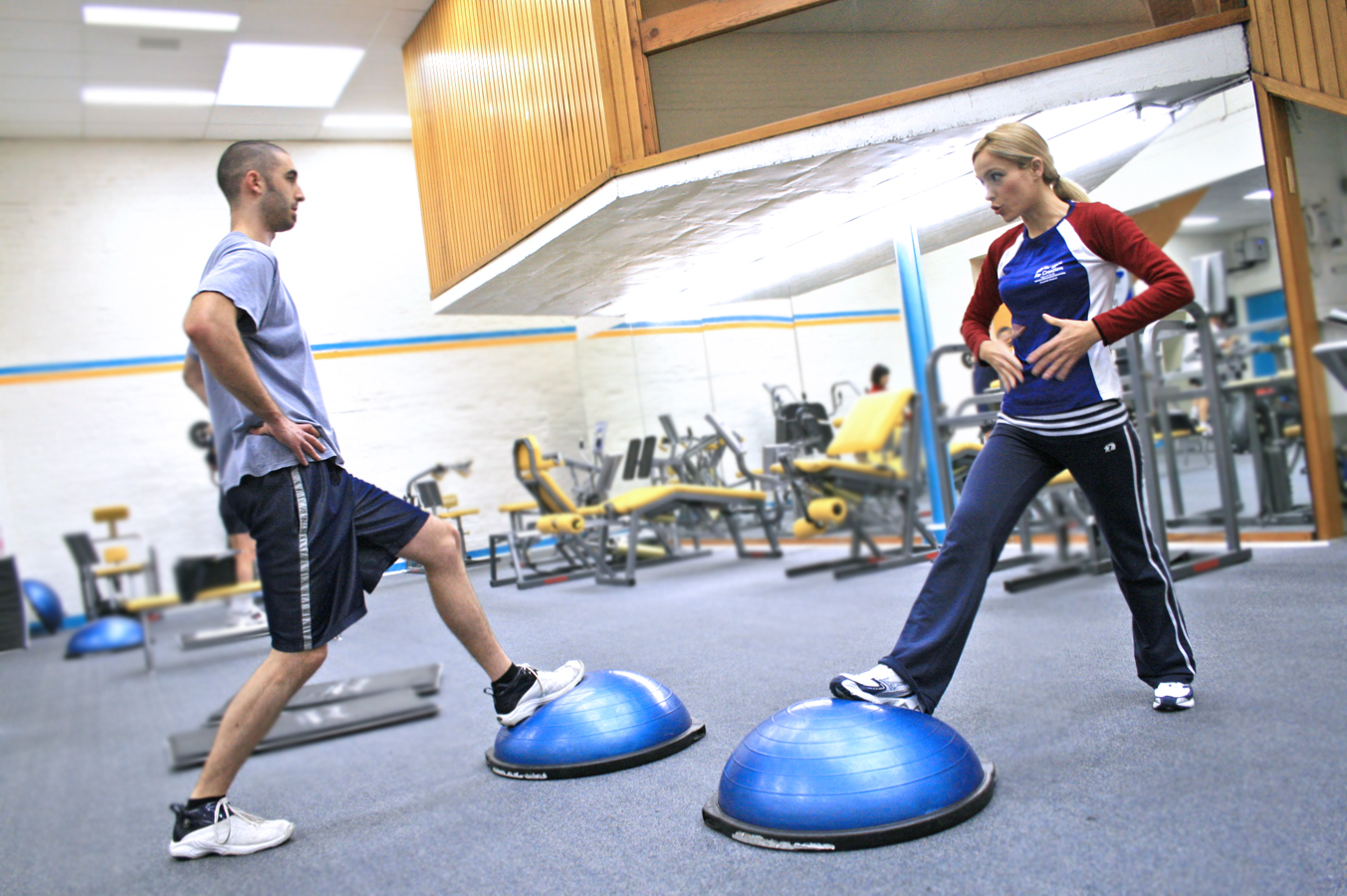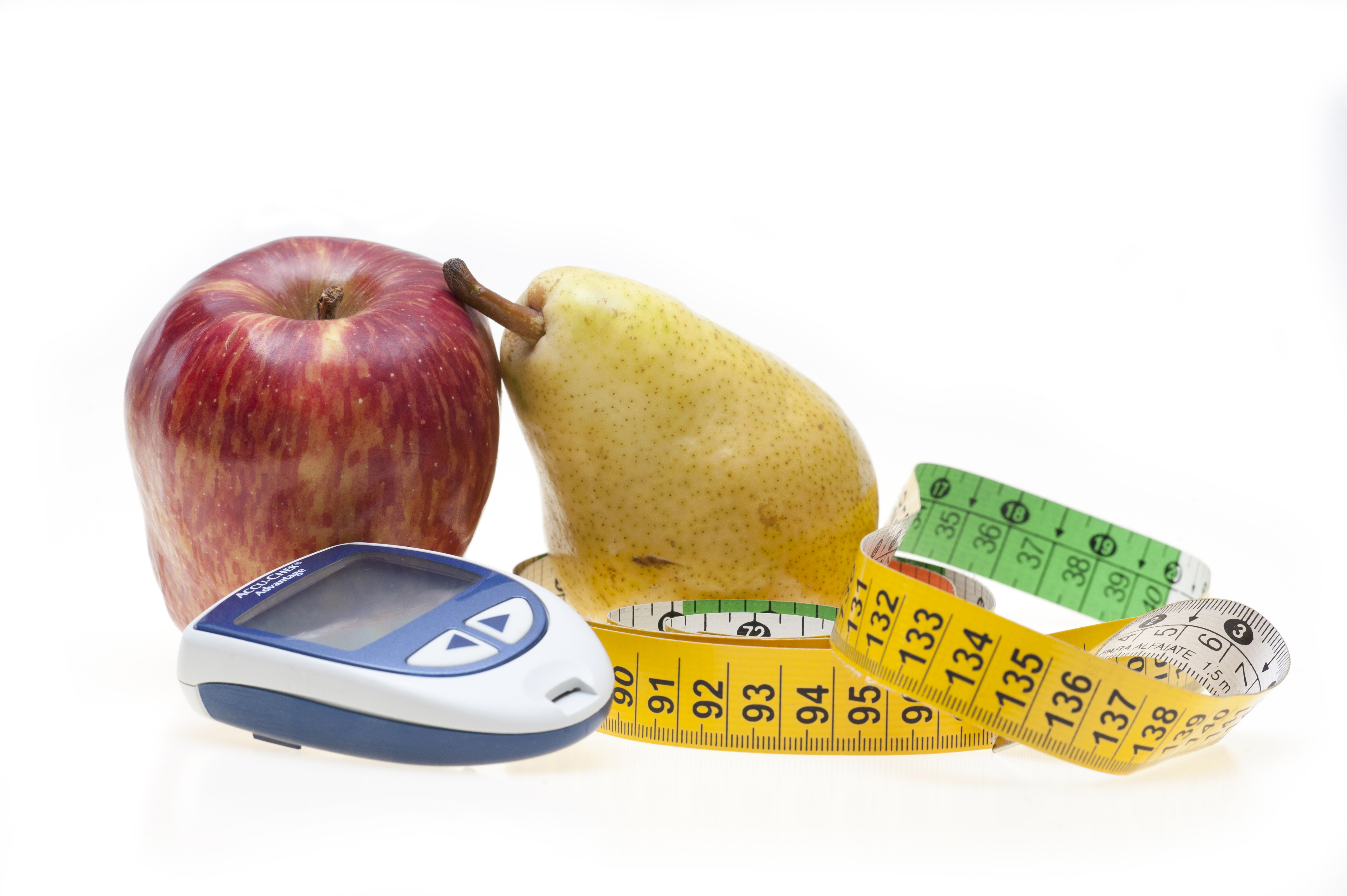What is a healthy diet? Many patients have questions about eating healthy. There is a lot of confusing information available. We are all familiar with the government published food pyramids while other nutritional sources have their own opinions. There are numerous books available on the market today on this topic. How do you know what is important?
Why is eating healthy important?
Food is not only a fuel source but it should provide the many vitamins, minerals and building blocks that our body requires to run the millions of chemical reactions that are needed to maintain our bodies. These chemical reactions are required for building muscle, digesting food, activating movement, enabling nerve and brain function, maintain temperature and blood pressure and fight off infections.
In our world of poor food quality and increasing health care cost, it makes sense to take care of our bodies. We would like to think that our government will provide us with quality health care but in reality that is not economically possible. Our country is moving toward socialized health care like we see in Canada and Great Britain. We only have to look at the poor quality of care in these countries to see what is in store for us. The best approach is to take care of your health.
The United States government has come up with the food pyramid. Their food pyramid recommends that most of our calories come from grains. The problem is that grains are energy dense food source. If you run five miles a day, swim several hours or bike twenty miles per day then you will need that kind of energy source. Most people lead sedentary life styles and do not require that many calories. The excess calories are stored as fat. The average American adds 3-4 lbs. of fat per year. I recommend that the majority of your calories come from vegetables, proteins, and low sugar fruits like berries and apples (which tend to be higher in fiber and helps lower risk for cancer) Your diet should be low in carbohydrates, especially starches like potatoes, bread and rice. You should eat three small meals that include vegetables and salad and two to three snacks per day. The snacks should be berries, nuts or raw carrots. The best nuts are almonds. Another option would be low glycemic (sugar content) fruits. Fruits that are sweet and watery are generally too high in sugar. Examples would be grapes and watermelon. Bananas are another example of a high sugar fruit. Apples, grapefruit and pears are better choices because they have a high fiber to lower sugar ratio.
Many patients ask about wheat bread, brown rice and oatmeal. All of these are high starch. In general they are better than white bread, white rice and cereals. Starch is a large plant molecule that is made up of many sugars bound together. Your body breaks it down and you are left with a pile of sugar. Whole wheat bread and brown rice contain more fiber than white bread and white rice but they still contain a large amount of starch. These should be limited to very small portions of your diet unless you are an active athlete. Oatmeal is known for lowering cholesterol but it is high in starch. You are trading off a five point drop in your cholesterol for a 30 point increase in your sugars. High sugar loads on a daily basis reduce your immune function and adds unwanted weight. Over time high sugar levels can lead to weight gain and diabetes. Your body will produce more insulin in response to the increased sugar load for several years. The pancreas will put out three to four times normal amounts of insulin to help transport the sugars into the muscle cells to be burned. The excess sugars are converted into fats. The pancreas cannot maintain increased production of insulin for long. After a few years the production will slow and sugar levels will rise. One important marker for diabetes is your triglyceride level. Triglycerides go up before diabetes appears.
The best foods are organically grown. They are higher in vitamins and absent of chemical pesticides and herbicides. Even the best organic foods will not give you all the vitamins your body requires. It is important to supplement your diet with vitamins. Please, no one a day vitamins. Most inexpensive one a day vitamins are not worth the money. They tend have fewer vitamins in the product and are not absorbed as well.
Fast foods are not your friend. They taste great and are convenient but tend to be void of fiber and vitamins yet have high calorie counts. You never know exacting what you are getting when you eat out. Try the lost art of cooking. Warming your home cooked food at work in a rice cooker is a more nutritious alternative to fast food and microwaving. It takes about 10 minutes to heat up some grilled chicken and vegetables. Organic vegetables actually taste good! Non-organic vegetables tend to be bitter.
Try fruit smoothies for a snack or breakfast. I recommend frozen organic berries like strawberries and/or blue berries with 1/3 of a banana. You can put the other 2/3 of the banana in a zip lock bag and store it in the freezer for the next shake. I like to put a little protein powder and some stevia in my shakes. It is cold and is refreshing during the hot days of summer.
I recommend Stevia for a sweetener because it is a plant (herb). The stevia satisfies that craving for something sweet. Stevia in a fruit shake makes a great dessert. Stevia has been used in Europe for thirty years (Japan 1971, China 1984). If you do not like the taste then try a different brand. Some brands are smooth and others have a bitter after taste. Most stores carry stevia.
It is important to drink plenty of water every day. Water fills you up, keeps you hydrated and flushes your body of toxins. I do not recommend juices which have corn syrup added to them nor do I recommend sodas that deplete your body of CoQ10. It is amazing how much better people feel once they change their diet to consume whole organic fruits and vegetables.
You are ultimately responsible for your health. Eat well and stay well!




